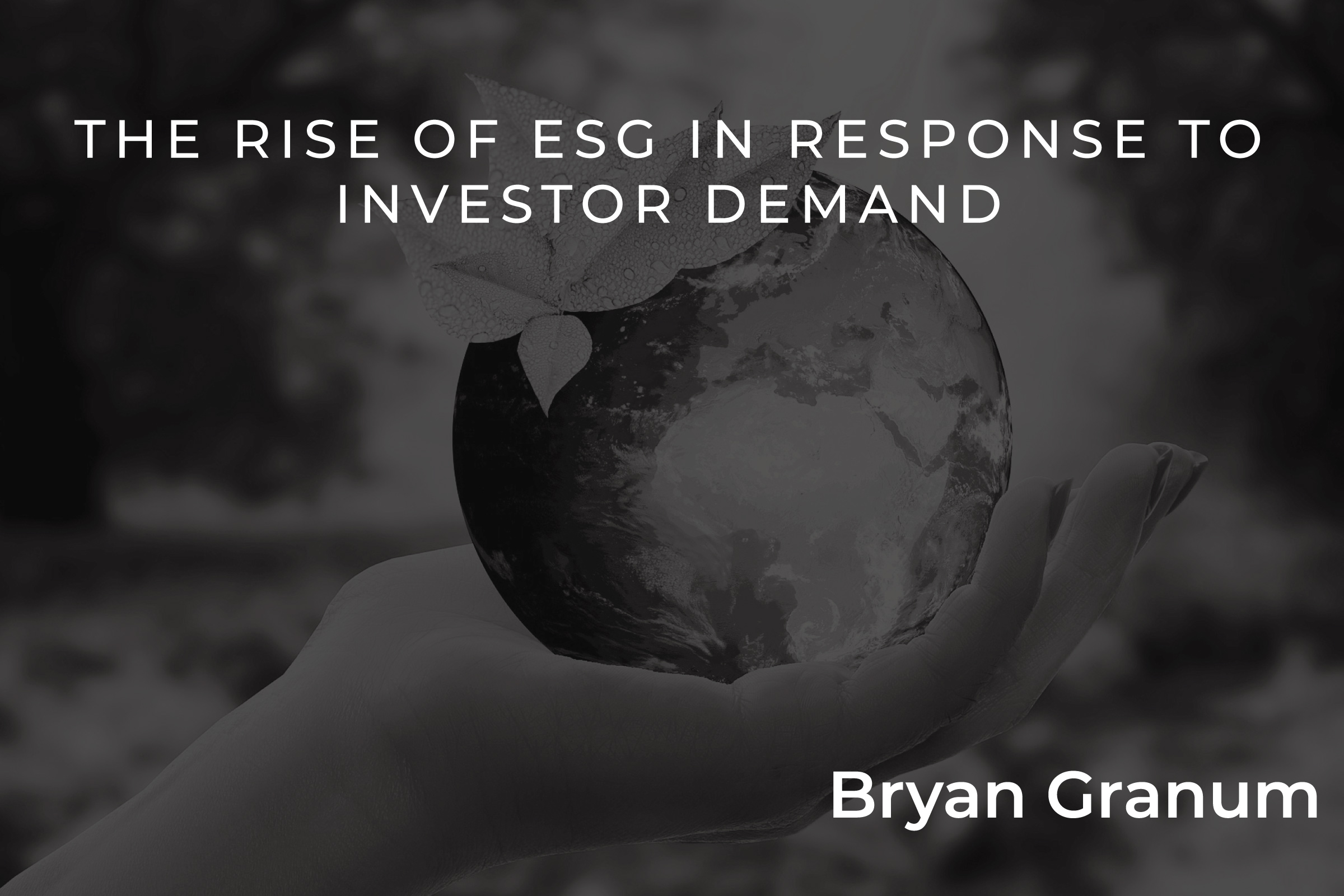In response to investor demand, ESG is on the rise. Investors are demanding that companies make sure they’re doing their part for a sustainable future. To meet this demand, many organizations are expanding their focus beyond financial performance alone and into environmental and social factors.
This article will explore how ESG has risen in response to investor demands, what it means for investors and businesses alike, and what you can do about it!
Prioritizing ESG Compliance Drives Investor Demand
Investors are demanding that companies make sure they’re doing their part for a sustainable future. For example, some investors have created ESG funds to invest in corporations with high-value sustainability practices such as low carbon emissions or labor conditions favorable to workers.
What Is The Rise of ESG?
ESG has risen in response to investor demands because it’s an opportunity for businesses looking for growth opportunities by meeting these new expectations from investors who want transparency across all aspects of the company before investing money!
However, there are often mixed opinions on how much ESG should impact investment decisions. At the same time, some argue ESG should be evaluated holistically alongside traditional KPIs like ROI. Others do not want ESG to be a consideration.
How Does It Impact Investments?
ESGs impacts investments because it provides alternatives and possibilities that would otherwise go unnoticed when evaluating only financial performance alone. For example, companies with a high ESG rating would be more likely to attract investors than low ratings.
ESGs Impact on Investments
Studies have found that over 60% of U.S. adults are willing to invest in stocks if they know organizations have good environmental, social, and governance practices. This means that businesses can increase their profitability by providing an investment opportunity for those who want ethical investments!
How Do ESGs Affect Financial Performance?
It is difficult to measure the financial impact of ESG on a company’s performance. Some argue that it can reduce the cost of capital and make companies more attractive, while others do not want ESG to be a consideration when evaluating investments. There are also mixed opinions about how much weight should be given in measuring ROI (returns on investment).
As ESG increasingly becomes a factor in an investment decision, so too does accurate and transparent reporting. Investors are more educated than ever about potential risks associated with investing without fully understanding what is happening within their companies; they need information beyond just looking at financials or basic performance measures like ROI.




